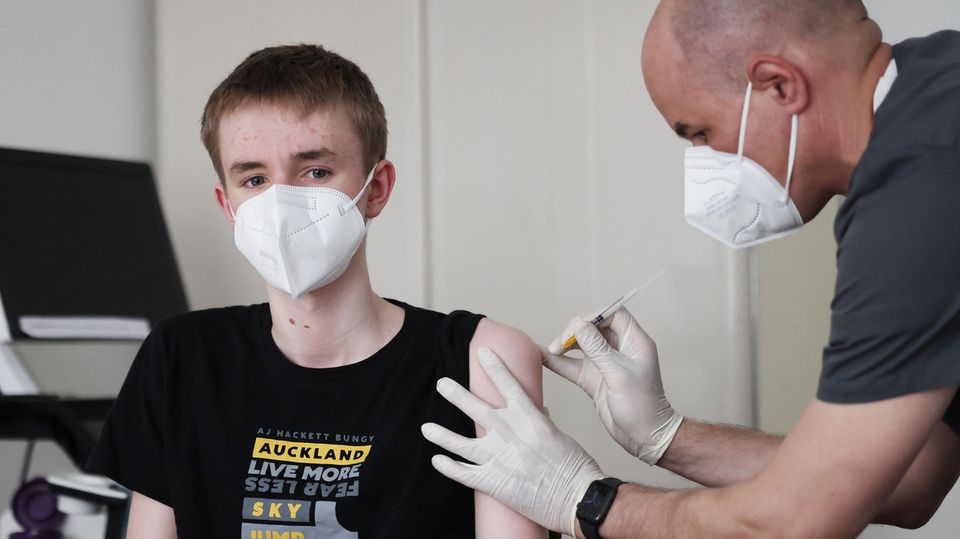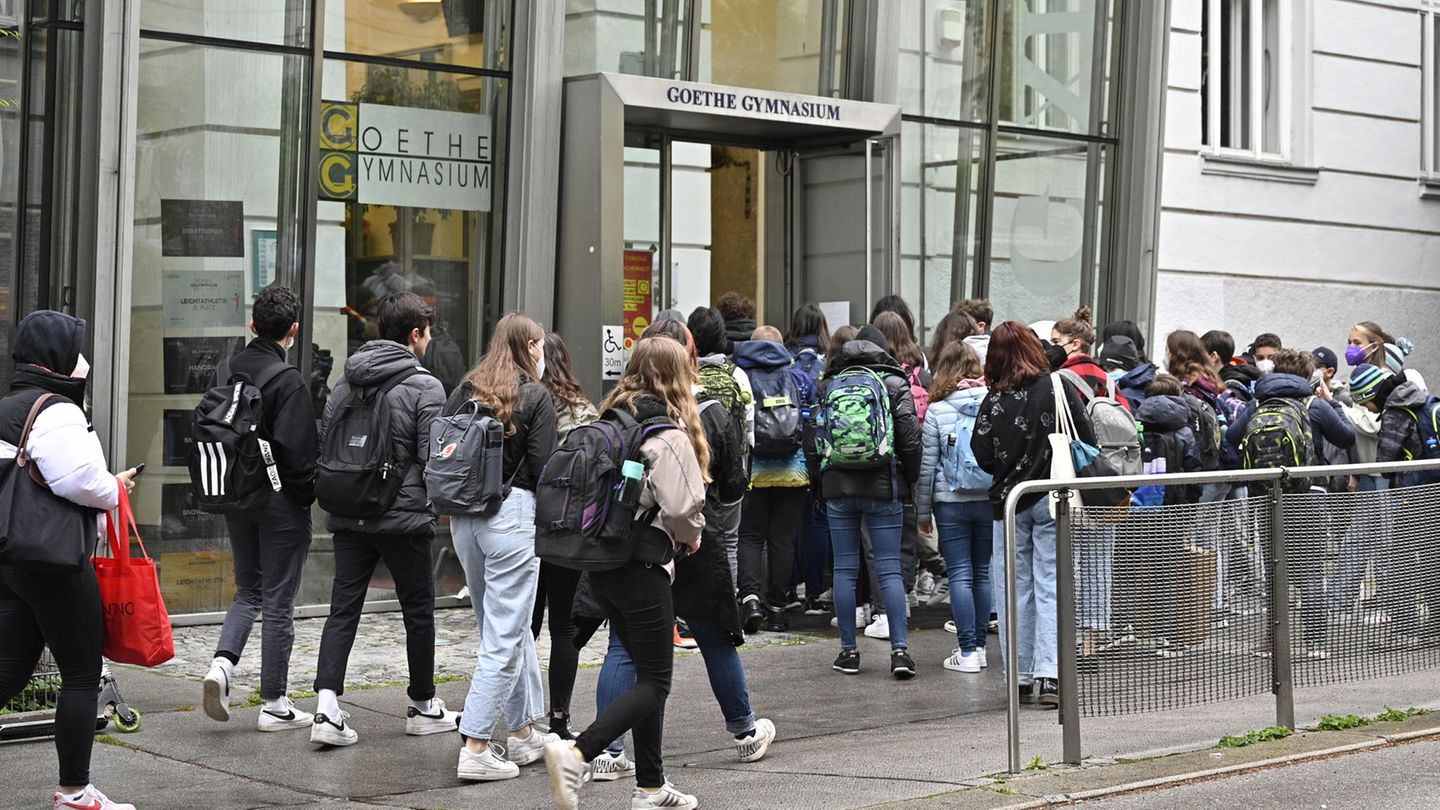According to the Austrian Ministry of Education, more and more children have been taught at home since the beginning of the pandemic. Parent representatives and psychologists see this critically.
In Germany it is only possible in well-founded exceptional cases; in neighboring Austria it is standard. If you don’t want to send your children to school, you can teach them at home. In the 2017/18 school year, the entire Alpine republic – most of them in the largest state in terms of area, Lower Austria and the state capital Vienna.
With the start of the corona pandemic, however, the Austrian Federal Ministry of Education, Science and Research is seeing a new trend. As a spokeswoman for the ministry said at the request of the stern confirmed, the number of students who are registered for home lessons and thus deregistered from traditional school lessons is increasing. While there were 2300 children in 2019, in the first year of the pandemic there were already 2600 children at home. The chairman of the association of parents’ associations at the higher and middle schools in Vienna, Markus Dekan, assumes that the number could even triple. At the beginning of the new school year in September, the Vienna Education Directorate reckons with up to 6,000 children who could be absent from the classrooms.
Ministry of Education sees no cause for concern
In Austria, home tuition is permitted by law and even has its place in the constitution. However, the legal guardians must register their children for this before the start of the school year. A change from school to home tuition is not possible in the current school year, the Ministry of Education said on request. Conversely, however, children can switch from home to the classroom. However, the parents must be clear what they are getting into, emphasizes the Ministry of Education. In contrast to homeschooling, there is no support from teachers, no work packages and also no online lessons. “In order to provide information about this, we are relying on counseling sessions for parents who are planning to register their children for home schooling.” In order to test the learning success, every student must take the so-called external examiner at the end of the school year.
The Ministry of Education is already reporting 3,400 registrations for home tuition, but at the same time gives the all-clear: “The numbers are increasing, but not in all federal states. In Vienna, Carinthia and Burgenland there is hardly any movement in the numbers.” In quantitative terms, however, the development is not a cause for concern.
Do corona deniers leave their children at home more often?
Parent representatives and experts in psychology see it differently. “We are concerned that the social development of a child suffers when they are only taught at home,” says the chairman of the Vienna Parents’ Association, Dean. The long period of distance learning has shown that schools are not just a place for imparting knowledge. Ulrike Schiesser is also concerned. The psychologist and psychotherapist works at the Federal Office for Sect Inquiries and says: “Lately we have received more and more calls from people who say that relatives warn of a health risk from masks and corona tests and that their children are de-registering from school.” However, official figures are not available because the reasons are not recorded at any point when registering for home tuition.
At the beginning of the new school year, the Austrian government plans to tighten the corona measures in schools. Students should be tested at least three times in the first two weeks of school, even if they are vaccinated. For unvaccinated teachers, the general mask requirement also applies in the classroom. Parents from the milieu of corona deniers and mask refusers apparently go too far with these orders. “Unfortunately there are some cases where the parents believe conspiracy stories and present society as problematic.” The deregistration from normal school lessons is worrying when the children only move in closed parallel worlds as a result. “These are often households in which the parents accuse the government of stirring up panic, but at the same time stage a world that is on the verge of the apocalypse,” explains Schiesser. Usually it is a minority – “but it is particularly loud.”
Schiesser sees an urgent need for information and education there. “As a rule, parents are concerned with the well-being of their children. However, some of them have to be made to understand that education and diverse social contacts contribute to this.” In addition, not all legal guardians who teach their children at home should be lumped together. For example, some students have to study at home because of a chronic illness.

Criticism of the antiquated system
For some, the option of home schooling offers advantages – at the same time, the system has been criticized for years. “Home lessons can rarely be compared with real school lessons,” says Schiesser. This is not only due to the parents’ mediation skills. There are no uniform standards across Austria for the external examinations carried out at the end of the school year. In addition, the legal guardians can choose the school at which their children should take the exam. “Some schools are known to be more friendly about the results.”
Home schooling is also a social loss for many children. Schiesser is convinced that at school, children learn to deal with different opinions and perspectives outside the family environment. Many also consider home schooling to be antiquated. Historically, the basic idea dates back to a time when the nobility had their offspring privately taught at home in order to avoid contact with the lower classes.
It has not yet been determined whether and what effects the increasing number of privately taught students will have on schools. In addition, the final data on registrations for home lessons are still pending. Since the school year does not start until September, specific figures can only be announced afterwards, according to the Ministry of Education.
Swell: , , ,
David William is a talented author who has made a name for himself in the world of writing. He is a professional author who writes on a wide range of topics, from general interest to opinion news. David is currently working as a writer at 24 hours worlds where he brings his unique perspective and in-depth research to his articles, making them both informative and engaging.




